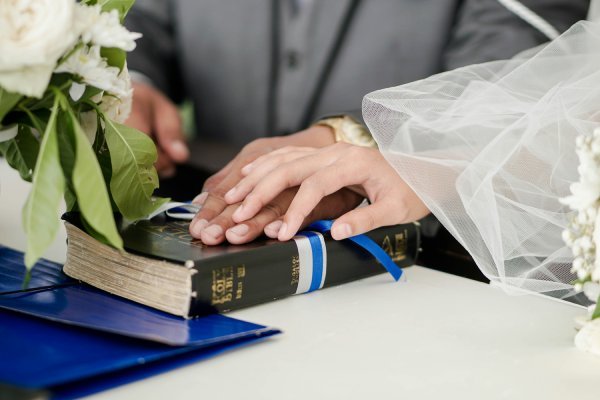


Marriage and divorce are foundational aspects of family law in Bangladesh, governed by personal religious laws, statutory provisions, and court procedures. As societal norms evolve, court marriages and legal divorces are becoming more common, especially in urban areas. At Lawyer Bangladesh, we offer clients a reliable guide through these personal yet legally significant processes.
This post outlines the key aspects of marriage and divorce in Bangladesh, including court marriage procedures, divorce trends, and the legal framework governing them.
In Bangladesh, marriage is governed by personal religious laws:
Muslim marriages are regulated under the Muslim Family Laws Ordinance, 1961
Hindu marriages follow customary religious practices (with limited statutory support)
Christian marriages fall under the Christian Marriage Act, 1872
Civil marriages (also known as court marriages) are governed by the Special Marriage Act, 1872
Each of these frameworks has specific requirements for validity, registration, consent, and ceremony.
Court marriage is becoming increasingly popular, particularly among interfaith couples or those wishing to marry without religious formalities. The Special Marriage Act, 1872 allows individuals of any or no religion to marry through a civil process.
Notice of Intended Marriage: Both parties must file a written notice with the Marriage Registrar.
Objection Period: A 30-day notice period allows for objections, if any, to be raised.
Declaration & Registration: If no objections are received, the marriage is solemnized in the presence of a registrar and three witnesses.
Marriage Certificate: Upon solemnization, a certificate is issued—this is legally binding and recognized.
Eligibility:
Both parties must be at least 18 (female) and 21 (male)
Consent must be free and voluntary
Both must be unmarried (or legally divorced)
The divorce process varies depending on religion, but must follow due legal procedure to be valid.
Divorce can be initiated by either spouse through:
Talaq (by husband)
Khula (by wife)
Under the Muslim Family Laws Ordinance, 1961:
A written notice must be submitted to the local Union Council
A 90-day reconciliation period is mandatory
If no reconciliation is achieved, the divorce becomes effective
There is no formal divorce process recognized under Hindu law in Bangladesh. However, in practice, separation and legal support (e.g., maintenance or custody cases) may be pursued in court.
Divorce is governed by the Divorce Act, 1869, requiring grounds such as adultery, cruelty, or desertion. The process is court-based and may involve extensive legal proceedings.
Under the Special Marriage Act, a decree of divorce can be obtained through the Family Court after satisfying statutory conditions.
Though Bangladesh maintains a relatively low divorce rate compared to global standards, the number of legal separations is steadily increasing—especially in metropolitan areas like Dhaka and Chittagong. Contributing factors include:
Increased financial independence among women
Urban lifestyle pressures
Higher social acceptance of divorce
Easier access to legal remedies
At Lawyer Bangladesh, we understand the emotional and legal complexity involved in marriage and divorce cases. Our family law specialists help you navigate:
Legal marriage registration and court marriages
Divorce filing and representation
Child custody, maintenance, and alimony issues
Mediation and dispute resolution
Documentation and legal compliance
We ensure your rights are protected, and your transitions are legally sound and handled with compassion.
Whether you are planning to marry or considering a divorce, understanding the legal framework is essential. A qualified lawyer ensures your rights are secured, documents are in order, and the process is as smooth as possible.
📞 Contact Lawyer Bangladesh today at lawyerbangladesh.com to consult with a dedicated family law expert.